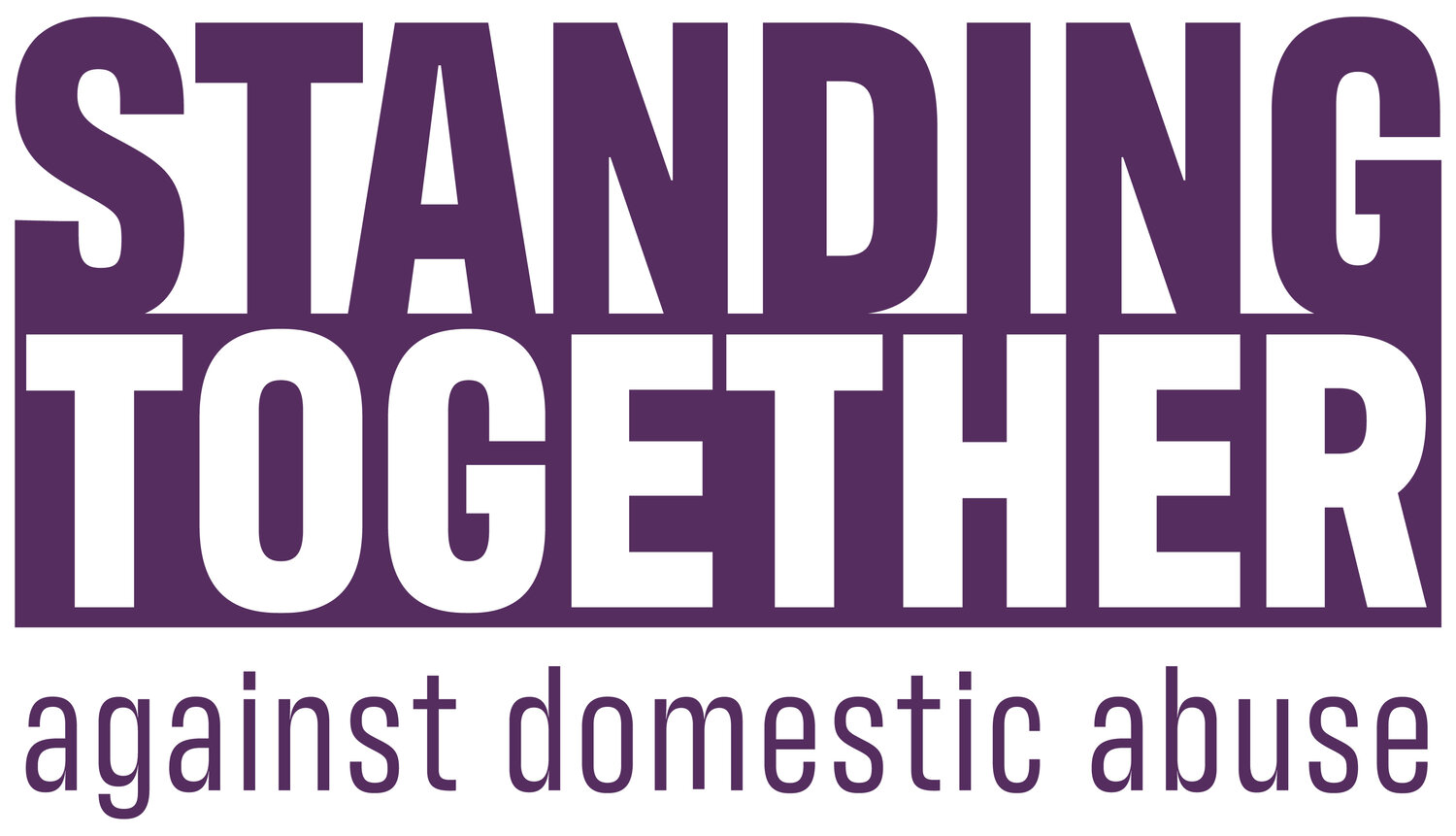Justice Reform: A Critical Opportunity to Protect Victim-Survivors
Standing Together Against Domestic Abuse welcomes the government’s review of criminal courts and its commitment to reducing delays that leave victim-survivors waiting too long for justice. As the Lord Chancellor rightly stated, “justice delayed is justice denied.”
We believe that reforms must extend beyond reducing backlogs to address systemic failings. Strengthening Specialist Domestic Abuse Courts (SDACs) is critical to ensuring equity, consistency, and accountability for all survivors. This must be embedded within a Coordinated Community Response (CCR), which brings together statutory agencies, community organisations, and survivors to provide a holistic, survivor-centred approach to domestic abuse and sexual violence.
Strengthening Specialist Domestic Abuse Courts (SDACs): A Model for Success
Specialist Domestic Abuse Courts (SDACs) are established in England and Wales and have proven their value in delivering collaborative, multi-agency approaches trauma-informed processes, swifter resolutions, and improved survivor experiences. We call on the government to improve the SDAC model by enhancing the components set out in the Domestic Violence, Crime and Victims Act 2004 by:
Expanding SDAC access: Increase the number of SDACs to ensure equitable access for all survivors across England and Wales.
Introducing accreditation: Develop national standards and protocols to ensure consistency and accountability across SDACs.
Funding SDAC coordinators: Appoint coordinators to oversee operations, enforce standards, and facilitate collaboration among agencies.
Investing in CJ IDVAs: Criminal Justice Independent Domestic Violence Advisors can provide survivors with holistic support throughout the justice process.
Family Court Justice: Ensuring Safety for Survivors and Children
Recent guidance from the Family Justice Council highlights the urgent need for reform in Family courts. The tragic case of Sara Sharif demonstrates the consequences when Family courts fail to adequately assess and address a history of abuse. Family courts must prioritise children’s safety, ensuring perpetrators are held accountable and victims are protected – providing a continuum of justice throughout criminal and civil justice processes.
Family courts must also send a clear message to perpetrators: stop your abuse or face the consequences. Only then can victims and children live without fear. This guidance calls for more robust approaches by our Judiciary to cases where allegations of abuse are involved, ensuring a comprehensive, trauma-informed approach.
We also urge the government to ensure that Family courts consistently consider the impact of abuse on children, preventing the continued harm of placing children in unsafe environments. This will not only protect children from harm but also serve as a deterrent to perpetrators.
A Survivor-Centred Justice System
Reforms must focus on improving outcomes for survivors by meaningfully engaging with the third sector and communities, including by and for organisations. Survivors’ voices are essential to identifying systemic failings and ensuring reforms create accessible, effective pathways to justice.
Our Commitment to Change
At Standing Together, we are committed to empowering survivors, restoring trust, and fostering systemic change. Justice is more than a verdict; it is about creating a society where violence is no longer tolerated. We continue to innovate as a learning organisation, adapting to meet survivors’ evolving needs and benchmarking excellence in multi-agency partnerships.
Embedding CCR within the government’s Violence Against Women and Girls (VAWG) Strategy is essential. Justice reforms must complement wider societal change through prevention, sustained investment, and survivor support. By working collaboratively to take bold action, we can, and must, build a justice system that works for survivors, not against them, and create communities where violence and abuse ends for good.
Cherryl Henry-Leach, CEO of Standing Together Against Domestic Abuse, shares,
"Justice for survivors cannot be delayed or dismissed—it must be swift, fair, and restorative. The government’s commitment to reforming the court system is an important step, but we must ensure that these reforms go beyond clearing backlogs. True justice requires a holistic, coordinated community response that prioritises survivors’ safety, holds perpetrators accountable, and strengthens the support systems that survivors need to rebuild their lives. At Standing Together, we are committed to ensuring that every survivor's voice is heard, and that the justice system serves them, not just in the courtroom, but in every part of their journey toward safety and healing."
– Cherryl Henry-Leach
